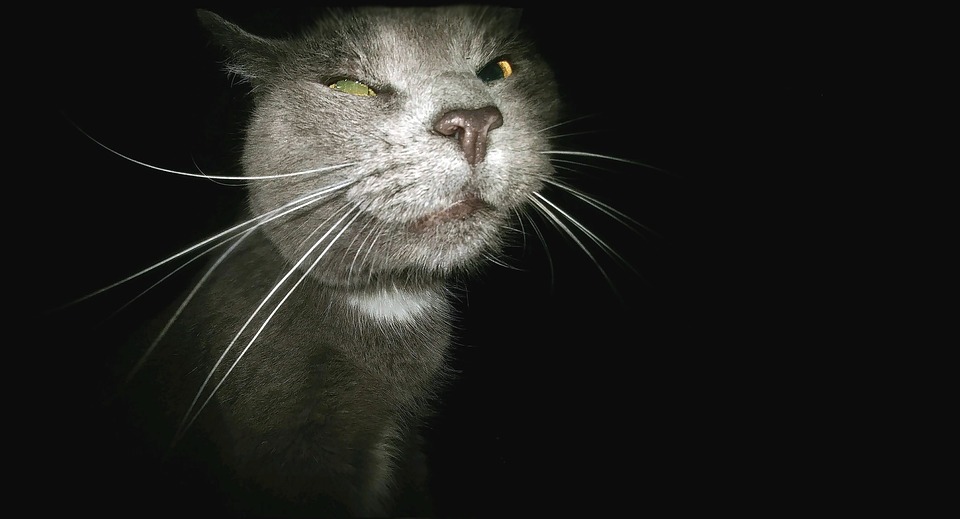Cats are prone to developing urinary issues, particularly if they have a history of urinary crystals. Understanding the causes, symptoms, and management of these common urinary problems is crucial for cat owners. In this article, we will explore the various aspects of urinary issues in cats, including the importance of diet, prevention strategies, and frequently asked questions.
Causes of Urinary Issues in Cats:
One of the primary causes of urinary issues in cats is the formation of urinary crystals. These crystals can vary in type, with struvite and calcium oxalate being the most common. Various factors contribute to crystal formation, including diet, urine pH, and hydration levels. When crystals accumulate in the urinary tract, they can cause blockages or irritate the lining, leading to urinary problems.
Another cause of urinary issues in cats is urinary tract infections (UTIs). Bacterial infections can occur in the urinary tract, causing inflammation and discomfort. Cats with a history of urinary crystals are more susceptible to UTIs, as the crystals provide a breeding ground for bacteria.
Symptoms and Diagnosis:
Identifying urinary issues in cats is crucial for timely intervention. Common signs of urinary problems include frequent urination, straining to urinate, blood in the urine, and urinating outside the litter box. It is essential to differentiate between UTIs and urinary crystals, as their management approaches may differ. If a cat shows any signs of urinary issues, it is recommended to consult a veterinarian promptly.
Veterinary diagnosis involves a physical examination and assessment of the cat’s medical history. Diagnostic tests such as urinalysis, urine culture, and imaging techniques may be used to identify the specific urinary issue. Early detection and treatment are vital to prevent complications and ensure the cat’s well-being.
Managing Urinary Issues:
Diet and hydration play a significant role in managing urinary issues in cats. A balanced and moisture-rich diet is essential to promote urinary health. Specialized cat food formulas are available that are formulated to support urinary health and prevent crystal formation. Additionally, encouraging hydration through multiple methods, such as providing fresh water, using water fountains, or adding water to wet food, can help maintain urinary tract health.
Medications and supplements may be prescribed by a veterinarian to manage urinary issues. Prescription medications can help dissolve or prevent the formation of crystals, while natural supplements may provide additional support to urinary health. It is crucial to consult with a veterinarian for proper medication and dosage for the cat’s specific needs.
Creating a stress-free environment for cats is also important in managing urinary issues. Providing a clean litter box, ensuring proper litter box placement, and offering mental and physical stimulation can reduce stress and promote overall well-being.
Frequently Asked Questions (FAQs):
1. Can urinary issues in cats be prevented?
Yes, urinary issues can often be prevented through a balanced diet, proper hydration, and a stress-free environment. Regular veterinary check-ups are also essential for early detection and intervention.
2. Are certain cat breeds more prone to urinary problems?
Yes, some cat breeds, such as the Persian and Siamese, are more prone to urinary issues. However, any cat can develop urinary problems, regardless of breed.
3. Should I switch my cat to a special diet if they have a history of urinary crystals?
Yes, switching to a special diet formulated for urinary health can help prevent crystal formation and manage urinary issues. Consult with a veterinarian for appropriate dietary recommendations.
4. Are over-the-counter urinary health supplements effective?
Over-the-counter urinary health supplements may provide some benefits, but it is essential to consult with a veterinarian for proper guidance and to ensure their effectiveness and safety.
5. How often should I take my cat for veterinary check-ups if they have a history of urinary issues?
Regular veterinary check-ups are crucial for cats with a history of urinary issues. The frequency of visits may vary depending on the cat’s specific condition and the veterinarian’s recommendations.
Conclusion:
Understanding and managing urinary issues in cats with a history of urinary crystals is essential for their overall health and wellbeing. By being aware of the causes, symptoms, and appropriate management strategies, cat owners can ensure their feline companions receive the necessary care. Regular veterinary check-ups, a balanced diet, and a stress-free environment are key factors in preventing and managing urinary problems. Remember, always consult with a veterinarian for personalized advice and treatment options for your cat’s specific needs.








